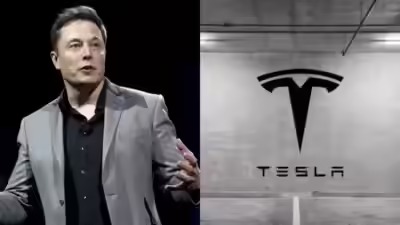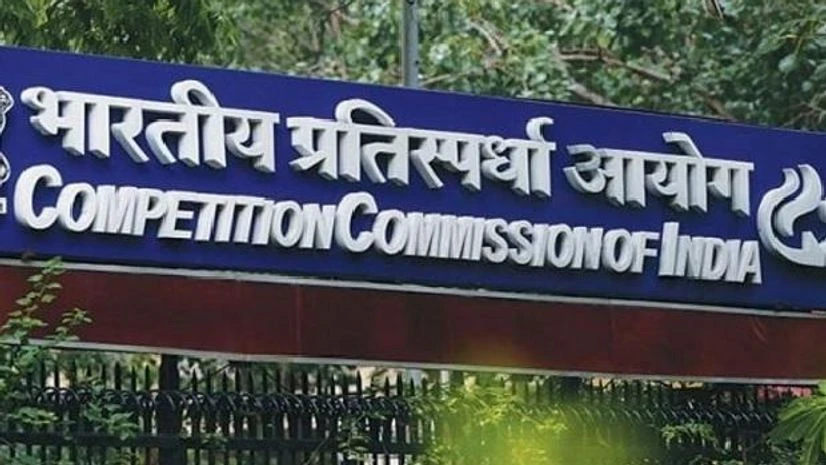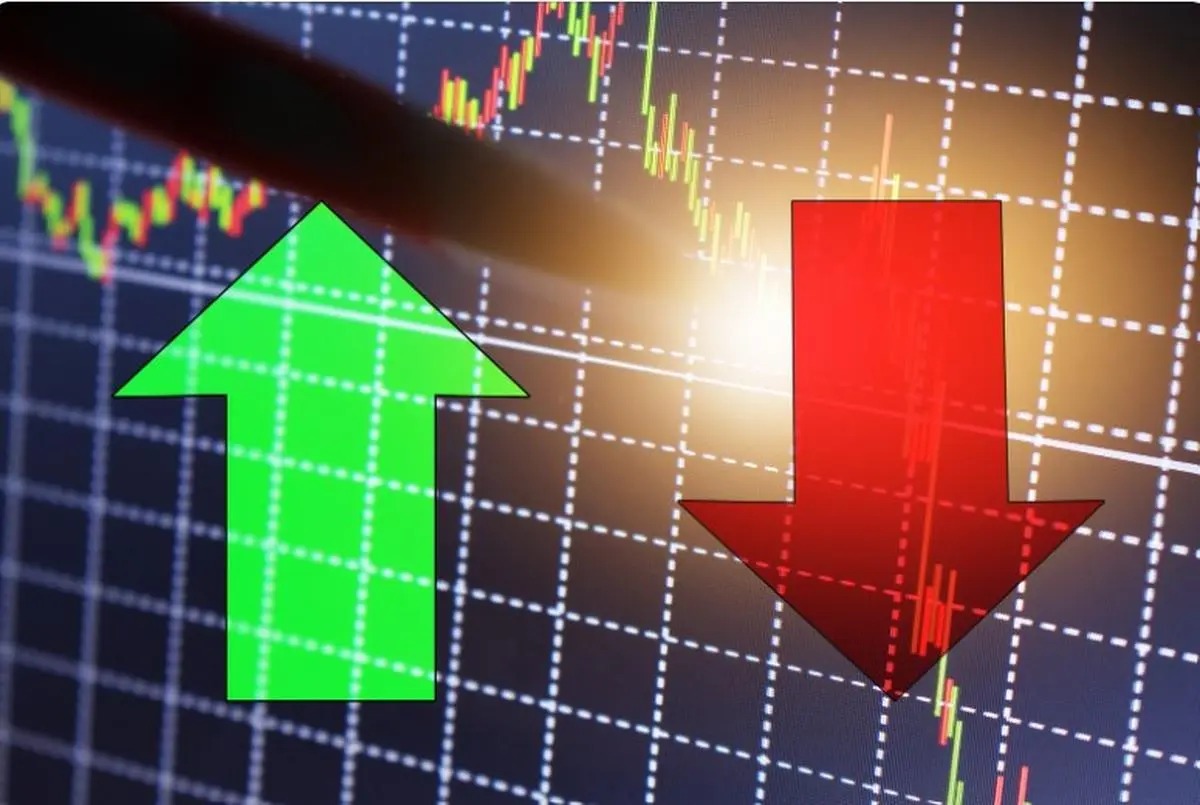 Image Source : The Guardian
Image Source : The Guardian
Elon Musk has reignited investor confidence in Tesla Inc. with a blockbuster $1 billion personal investment in company stock, marking his largest insider purchase since 2020. The acquisition, disclosed via a regulatory filing on September 15, 2025, involved the purchase of approximately 2.57 million shares through the Elon Musk Revocable Trust. The move comes at a critical juncture for Tesla, which has faced declining sales, political backlash, and mounting competition in the electric vehicle space.
The timing of the purchase is particularly significant, as it precedes a shareholder vote on Musk’s proposed $1 trillion performance-based compensation package. The package, if approved, would grant Musk up to 12 percent of Tesla’s equity in tranches tied to ambitious milestones in production, profitability, and market capitalization.
Key highlights from Musk’s stock purchase
- Elon Musk purchased 2.57 million Tesla shares on September 12, 2025
- Total transaction value reached approximately $1 billion
- Shares were acquired at prices ranging from $372.37 to $396.54
- Tesla stock surged over 7 percent in premarket trading following the announcement
- Market capitalization rose to approximately $1.32 trillion
- Musk’s stake in Tesla now exceeds 20 percent, valued at around $250 billion
Strategic timing and market impact
Musk’s investment comes amid a turbulent year for Tesla. The company reported a 71 percent drop in profits in Q1 and a 16 percent decline in Q2, driven by reduced EV incentives in the United States and intensified competition from Chinese and legacy automakers. Shipments from Tesla’s Shanghai factory also fell in July and August, signaling pressure on global demand.
Despite these challenges, Musk’s purchase sent a strong signal to investors. Tesla shares jumped more than 7 percent in premarket trading and closed at $410.04, reversing a year-to-date decline and pushing the stock back into positive territory. Trading volume exceeded 168 million shares, reflecting broad interest from both retail and institutional investors.
Pay package and governance debate
The stock purchase adds weight to Musk’s case for a proposed $1 trillion pay package, which will be voted on by shareholders on November 6. The plan includes 12 tranches of stock awards, each contingent on Tesla achieving specific performance targets. To unlock the first tranche, Tesla must reach a $2 trillion market valuation and meet profitability benchmarks.
The full package would require Tesla to hit an $8.5 trillion market cap, more than double that of the current most valuable company, Nvidia. Critics argue that the targets are unrealistic and that Musk’s political affiliations could distract from Tesla’s core business. Supporters view the package as a necessary incentive to retain Musk’s leadership and drive innovation in AI, robotics, and autonomous vehicles.
Tesla’s evolving business strategy
Musk’s investment also underscores Tesla’s pivot from a pure-play EV manufacturer to a broader tech company. The firm is aggressively pursuing development in robotaxis, humanoid robots, and AI-driven energy solutions. Musk has warned of rough quarters ahead but remains committed to transforming Tesla into a multi-sector powerhouse.
Key strategic priorities include:
- Scaling production of refreshed Model 3 and Cybertruck
- Advancing full self-driving and AI capabilities
- Expanding energy storage and solar solutions
- Rebuilding brand equity amid political controversies
Investor sentiment and outlook
While Musk’s purchase has sparked optimism, analysts remain divided. Out of 64 surveyed experts, 23 percent recommend a strong buy, 27 percent a buy, 28 percent a hold, and 22 percent advise selling or strong sell. Concerns persist around regulatory scrutiny, supply chain volatility, and Musk’s external ventures.
Nonetheless, the $1 billion investment is widely seen as a vote of confidence in Tesla’s long-term trajectory. For shareholders, it signals that Musk remains deeply invested—both financially and strategically—in the company’s future.
Sources: CNBC, India Today, USA Today, MSN News, The Independent
Advertisement
Advertisement






